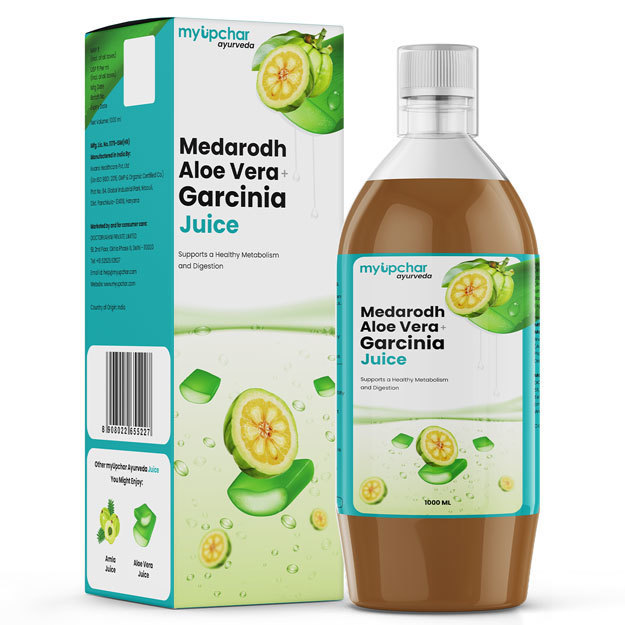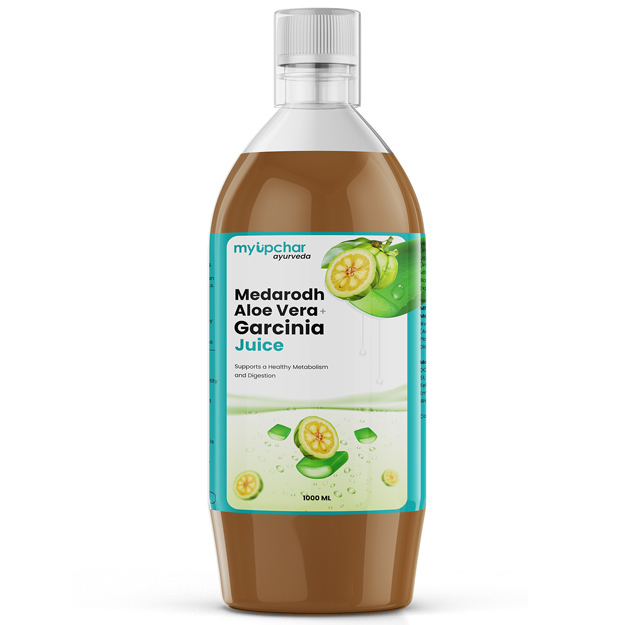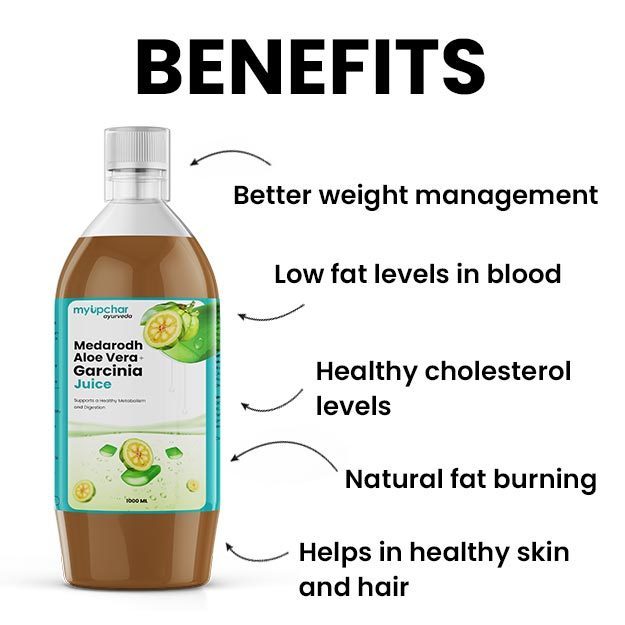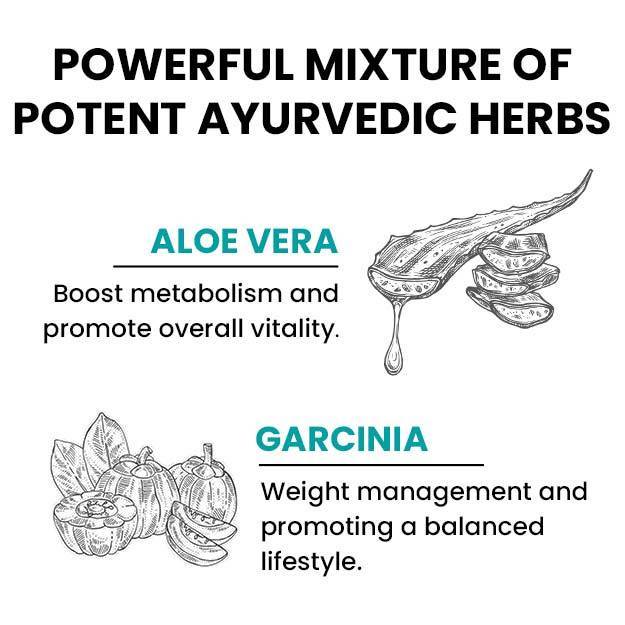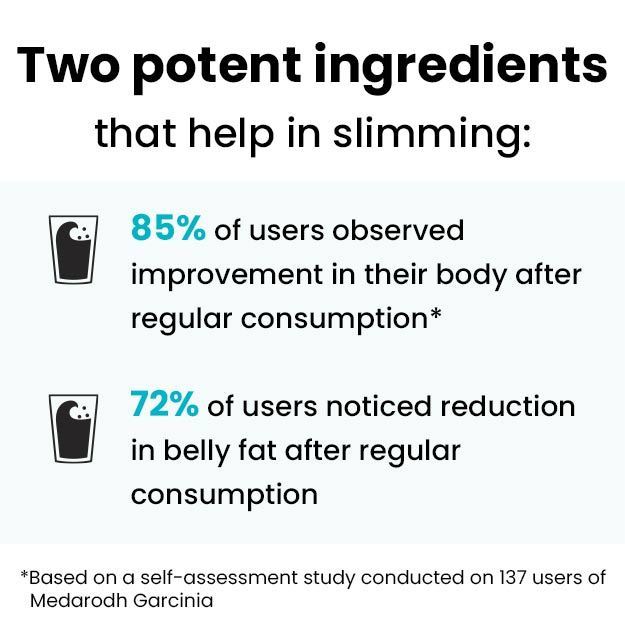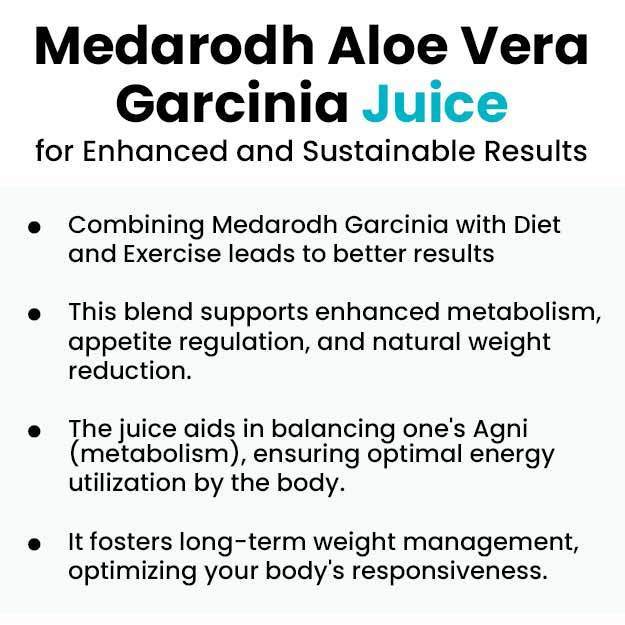Moringa or drumstick is one of the most widely used plants in the history of mankind. The uniqueness of Moringa lies in the fact that it can be grown in the most water deficit conditions. It manages to be such a rich source of a lot of essential nutrients, minerals, and vitamins without needing much care. In fact, scholars all over the world consider it to be a superfood. With the advancement in researches, more and more people are becoming aware of the health benefits of this plant. Apart from being used as a food, Moringa plant is being used as a fuel, cattle feed, fertilizer and in cosmetics and perfumeries. Isn’t that amazing.
As wonderful as this plant is today, it is not a modern discovery. It might interest you to know that Moringa plant has been in use by humans since 150 B.C. According to some historians, Moringa was the primary nutritional supplement of Mauryan army which is famously known for defeating Alexander's army. According to ayurveda, Moringa has the ability to treat at least 300 human diseases. Moringa leaves alone have been known for their excellent healing potential. Looking at all of the health benefits of Moringa, one realizes that it is aptly named a miracle tree.
Some basic facts about Moringa
- Botanical name: Moringa oleifera
- Family: Fabaceae
- Common name: Sehajan, Sahijan, Drumstick plant, Horseradish tree, ben oil tree.
- Sanskrit name: Shobanjana, Danshamula, Sigru Shobhanjan.
- Parts used: Roots, bark, seed pods, leaves, sap, flowers.
- Native region and geographical distribution: Moringa is a native of North India but it is found commonly in the tropics and subtropics zones of the world.
- Energetics: Heating/ warming.





